From November 18th to 20th, Łukasiewicz – PORT in Wrocław became a hub of creativity and collaboration during NeuroHack 2024, a key event organized within the framework of the SAME-NeuroID project. The event brought together researchers, innovators, and industry experts to help young investigators to practice commercialisation 'safely – without the risk of bankruptcy’.
Interactive Group Work and Pitch Session
Participants collaborated on innovative projects during group workshops, culminating in dynamic pitch presentations on the final day. The winning team led by Maurits Unkel from Erasmus University Medical Center, with the project Neurava, was awarded during the closing ceremony, recognizing creativity and potential for impact.
Neurava fosters a deeper connection with oneself and others, enabling the experience of life’s full potential through nourishment and holistic healing via recreation. It introduces an AI deep-learning-assisted, neuromorphic, brain-powered device—a mind companion inspired by the concept of an avatar—designed for personal growth and well-being through innovative recreation.
Inspiring Presentations
The agenda of the NeuroHack was packed with expert-led sessions, including:
Judith Schweimer (Boehringer Ingelheim), who emphasized the value of collaboration in advancing preclinical science.
Anna Rajewska (Foundation ORCHidea), offering a patient-focused perspective on technological innovations in neurology and neuropsychology.
Karolina Fila-Pawłowska (Wrocław University of Science and Technology), discussing how AI is transforming healthcare.
Steve Foster (Colorado State University), inspiring participants with his talk, “How to Train Your Dragon, or Innovators.”
Ali Jawaid (Łukasiewicz – PORT), closing the event with “A Trend to Brainality: A Physician-Scientist’s Quest for Truth and Romance with Innovation.”
Engaging Startup Stories
Attendees gained insights from startups such as CancerCenter.AI Piotr Krajewki and The Cognity Katsiaryna Stankevich, showcasing AI’s role in cancer diagnostics and psychology.
Skill Development
Sue Tonks, an international expert on leadership and networking, delivered a workshop that equipped participants with tools to create immediate audience impact.
Networking and Social Events
Evening gatherings provided ample opportunities for participants to connect, exchange ideas, and build professional relationships.
Reflections from the Project Coordinator
“We had concerns about how such a new-for-us formula for NeuroHack would work in practice, but more than a year of work to properly select committed group leaders and build trust between them and group members, as well as a precise selection of experts, resulted in an inspiring event.” said Witold Konopka, SAME-NeuroID Project Coordinator.
Looking Ahead
As NeuroHack 2024 came to a close, participants left with new ideas, stronger professional networks, and practical insights to apply in their work. The event highlighted the importance of collaboration and innovation in addressing challenges in neuroscience and neurology, setting the stage for continued progress for Łukasiewicz – PORT.
A special thank you goes to everyone who made this workshop possible – our outstanding experts, SAME-NeuroID project partners ICM, EMC and Max Planck and TTO Officers—Thom Joosten, Sebastian Meyer-Borcher, and Marie Micolon—who contributed significantly to the incubation process.
THANK YOU 😊
#neurohackPORT #SAMENeuroID #LukasiewiczPORT
Photos are available – HERE

NeuroHack
Steve joined CSU STRATA in 2008 to support development and licensing of innovations in the areas of life science, veterinary science, and biomedical engineering. In 2021, Steve became the Director of Licensing to lead licensing efforts and agreement compliance in addition to managing his technology portfolio. During his time at CSU STRATA, Steve has developed many strategic alliances and assisted with the initiation of several CSU startups founded on CSU-owned intellectual property from his portfolio. Through the CSU STRATA intern program, Steve trains students in aspects of technology transfer, leverage their presence on campus to promote understanding and awareness of technology transfer and identify innovative projects. Finally, Steve co-founded and is still a driving force for Demo Day—the annual innovation event held by CSU STRATA. Prior to joining CSU STRATA, Steve spent 13 years with Amgen in research, development, and Corporate Development. He holds a BS in Biological Sciences and an MBA from California Lutheran University.
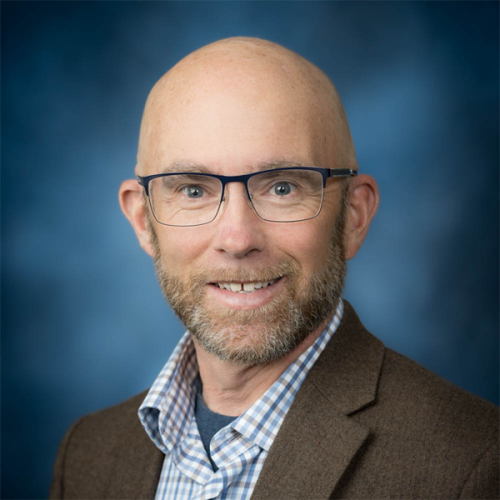
Sue…Sue Tonks
Sue…Sue Tonks has gained praise as an International Trainer and Speaker on “Networking” and “Leadership and Management”. Sue’s energetic and fun approach creates long lasting impressions. She delivers workshops with unforgettable comedy moments. Her knowledge and tips on how to get the best from your Networking and Management opportunities is internationally renowned. As an Author of “Can I Have A Word”, Inventor of HydroVeg Kits (Hydroponic growing systems for homes and schools), multiple business owner and Regional Chairman of West Midlands Federation of Small Businesses (FSB) and a Business Ambassador for King Charles III. Sue knows what it is like to be a business owner in today’s economy.
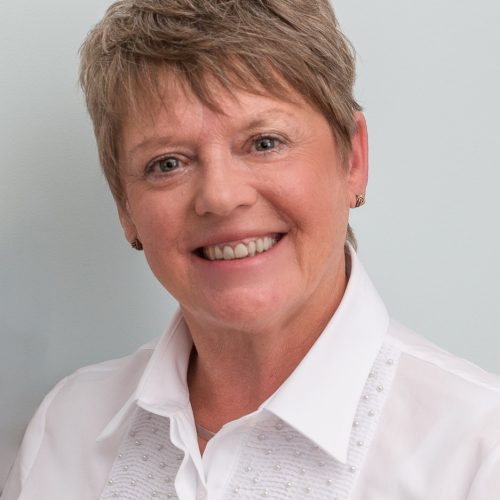
Anna Rajewska
Anna Rajewska is a clinical psychologist, neuropsychologist, currently working in Poznan Municipal Hospital, cooperating with Fundacja ORCHidea and seeing patients in her private practice.
She graduated in 2009 from Adam Mickiewicz University in Poznan, where she got her masters degree in psychology, specializing in clinical psychology. After that she completed four-year training in cognitive behavioral therapy and in 2023 she completed specialization in clinical psychology and neuropsychology.
During her professional career she worked in different hospitals, mostly in neurology departments, stroke units and neurosurgery department. She conducts neuropsychological diagnosis and provide patients with neuropsychological rehabilitation and psychotherapy. She also assesses patients in Alzheimer’s clinical trials.
Currently she consults patients in neurology department and stroke unit, she also conducts neuropsychological assessment in neurosurgery department, including real-time neuropsychological assessment in awake brain surgeries, also helping with the qualification process for different neurosurgical procedures.
In Fundacja ORCHidea and in her private practice she concentrates on neuropsychological rehabilitation and therapy.
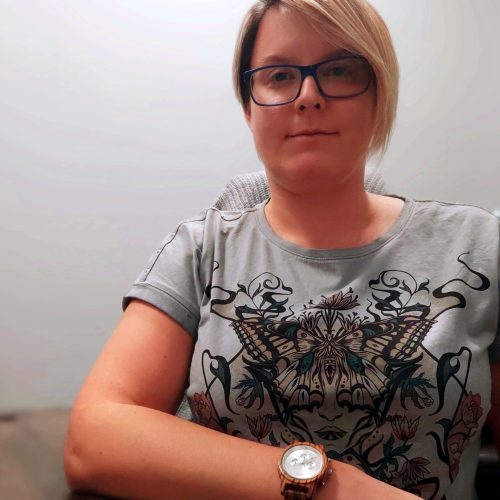
Karolina Fila-Pawlowska
Karolina Fila-Pawlowska completed her master’s degree in psychology with a specialty in clinical psychology at SWPS University in Wrocław, where she also worked as a lecturer. Since 2017, she has been pursuing a PhD at the Department of Psychiatry at the Medical University of Wrocław, where she worked in a research and teaching position until March 2024. She gained clinical experience working at the inpatient and outpatient wards of the Psychiatry Clinic of the University Hospital in Wrocław and as a consulting psychologist in the general medical wards of the University Hospital in Wrocław. She has over 10 years of experience working as a cognitive-behavioral psychotherapist and running a private practice. Since 2024, she is working as a research assistant at the Department of Clinical Neuroscience at the medical faculty of the Wrocław University of Science and Technology. Her research focus has been the use of neuromodulation in the treatment of psychiatric disorders, including transcranial magnetic stimulation (TMS) and deep brain stimulation (DBS).
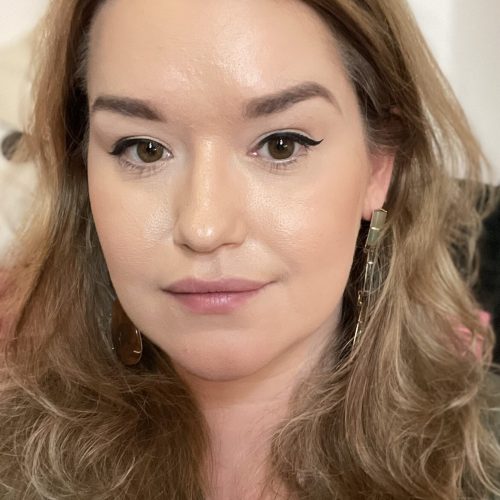
Judith Schweimer
Judith Schweimer studied Biology at the University of Tübingen, she wrote her thesis about a part of the extended amygdala and its involved in fear and anxiety processing
She did a PhD at the University of Stuttgart, investigating the anterior cingulate and its dopaminergic innervation in instrumental learning and decision making
For a first postdoc, she moved to London to look into potential novel treatments of MS at KCL, and then she moved to Imperial College London to study physiological involvement of serotonin neurons in negative emotions in vivo. She then moved on to Oxford to work with Trevor Sharp to further investigate involvement of serotonin and dopamine neurons and their projections in regard to mood disorders and their treatment.
In 2022, she moved back to Germany to work in the CNS research department at Boehringer Ingelheim as a Scientific coordinator for external collaborations, where she supports projects with scientific partners at universities and research institutions. She still teaches at the University of Ulm and supervise project students within the company.
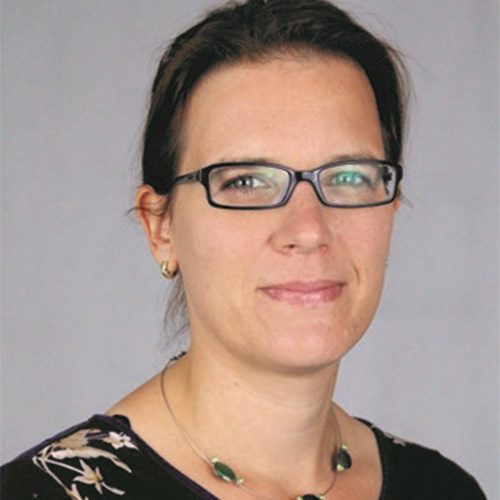
Piotr Krajewski
Piotr Krajewski is a co-founder and CEO of the CancerCenter.ai.
He is also co-founder of:
IDENTT.io – company that offers online id verification, KYC
AndonCloud.com – SaaS MES platform for manufacturing in Industry 4.0 concept.
Stermedia.AI. – Software AI company
He is a happy husband and father of 6 kids (2 in Heaven).
He has 14 years of experience in project management, coordination of financial processes and software services.
Piotr Krajewski established a research and development department that successfully implements projects in the areas of Big Data, machine / deep learning algorithms in the areas of image processing, NLP/LLMs, statistical analysis and forecasting based on large data sets. In 2017, he was included in the list of 30 creatives of Wroclaw.
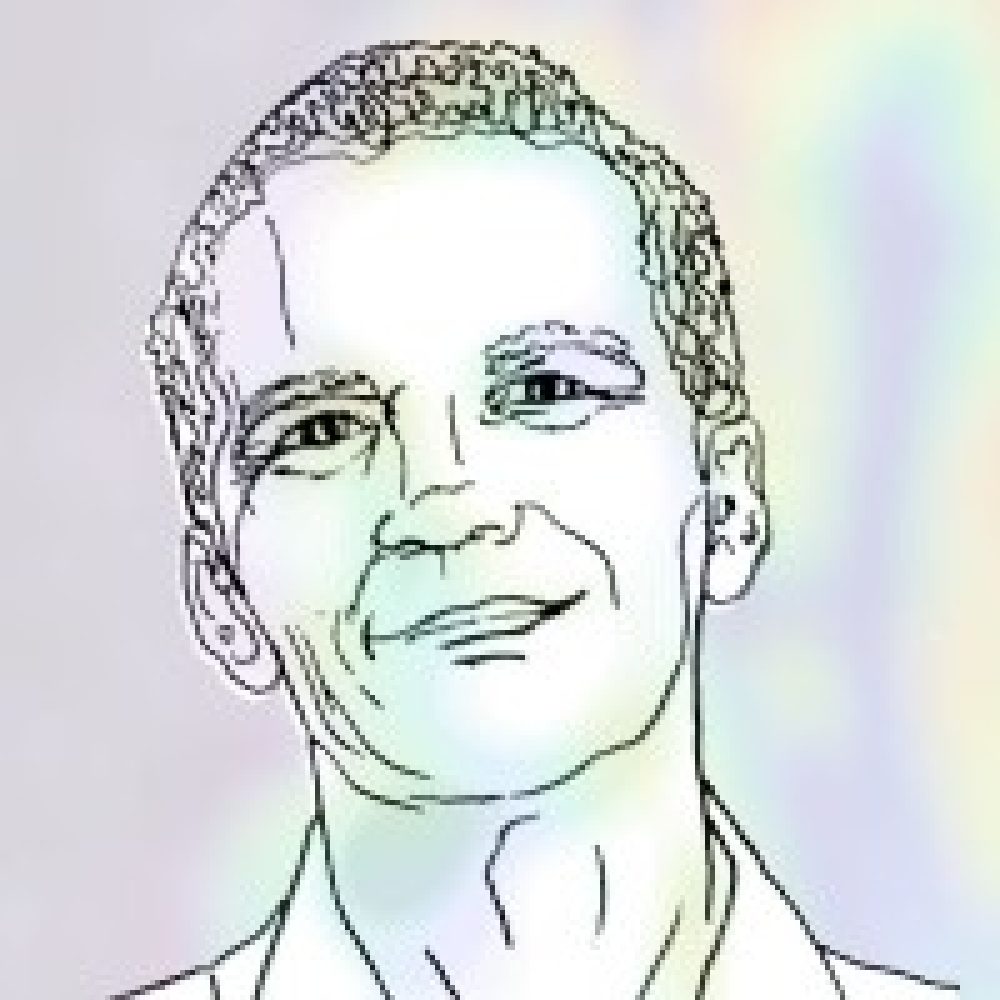
Katsiaryna Stankevich
Kate is a Solution Architect by day and a CEO by night. She earned her BSc in Computer Science at the Warsaw University of Technology. She then continued her journey at the Imperial College Business School, where she received her MSc in Management with a Finance specialisation.
Kate is the CEO of the start-up The Cognity. The Cognity – AI platform for learning social skills, created for individuals on the autism spectrum and their therapists. It provides feedback on words, facial expressions, empathy and voice, developed with experts from the US, Poland, and Switzerland.
In her career, she worked in multinational consulting firms, as well as start-ups, where she developed her skills in machine learning, data engineering, and Google Cloud Platform (GCP). Kate also published papers in IEEE on modelling and optimizing city traffic. Additionally, Kate holds multiple certifications such as Professional Data Engineer GCP, Professional Cloud Engineer and so on. She is continuously involved in the planning of various educational events, hackathons, and seminars.
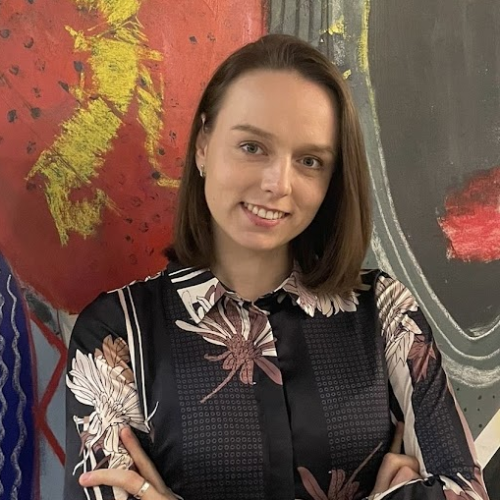
Ali Jawaid
Dr. Ali Jawaid is a physician-scientist with training in both clinical and basic neuroscience.
He completed his medical studies from Aga Khan University, Karachi, Pakistan, and followed it up with clinical/research training in Neuropsychiatry from Baylor College of Medicine, Houston, TX, USA. He then proceeded to complete MD-PhD in Neuroscience from Switzerland (simultaneous PhD degrees awarded by UZH/ETH International Program in Neuroscience and UZH MD-PhD program). Dr. Jawaid has worked extensively in the fields of epigenetics, memory, neurodegeneration, and neuropsychiatric disorders. He has authored 75+ pubmed publications including peer-reviewed articles in Nature Neuroscience, Neuron, Nature Human Behavior, Nature Communications, Trends in Genetics, EMBO Journal and Molecular Neurodegeneration, and opinion pieces in Science and Nature. His current H-index is 31. Dr. Jawaid currently heads the Translational Neuropsychiatry Research Group (TREND lab) at the Lukasiewicz Research Network- PORT Polish Center for Technology Development in Wroclaw, Poland.
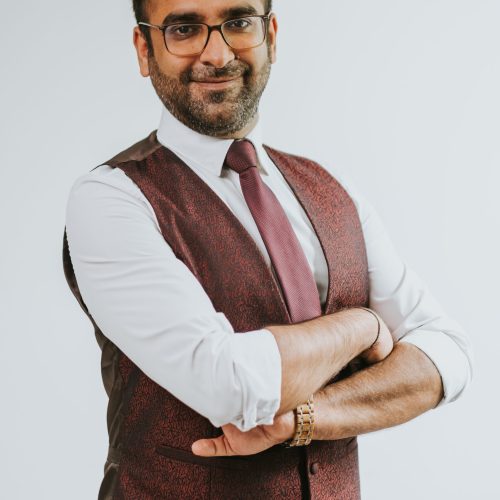

With a relentless pursuit of knowledge, we unravel the complexities of the mind, unraveling the mysteries that hinder mental well-being. Join us as we pave the way for breakthroughs in neuroscience and offer hope for a brighter future
Copyright © 2023
Designed by Vex Design Studio